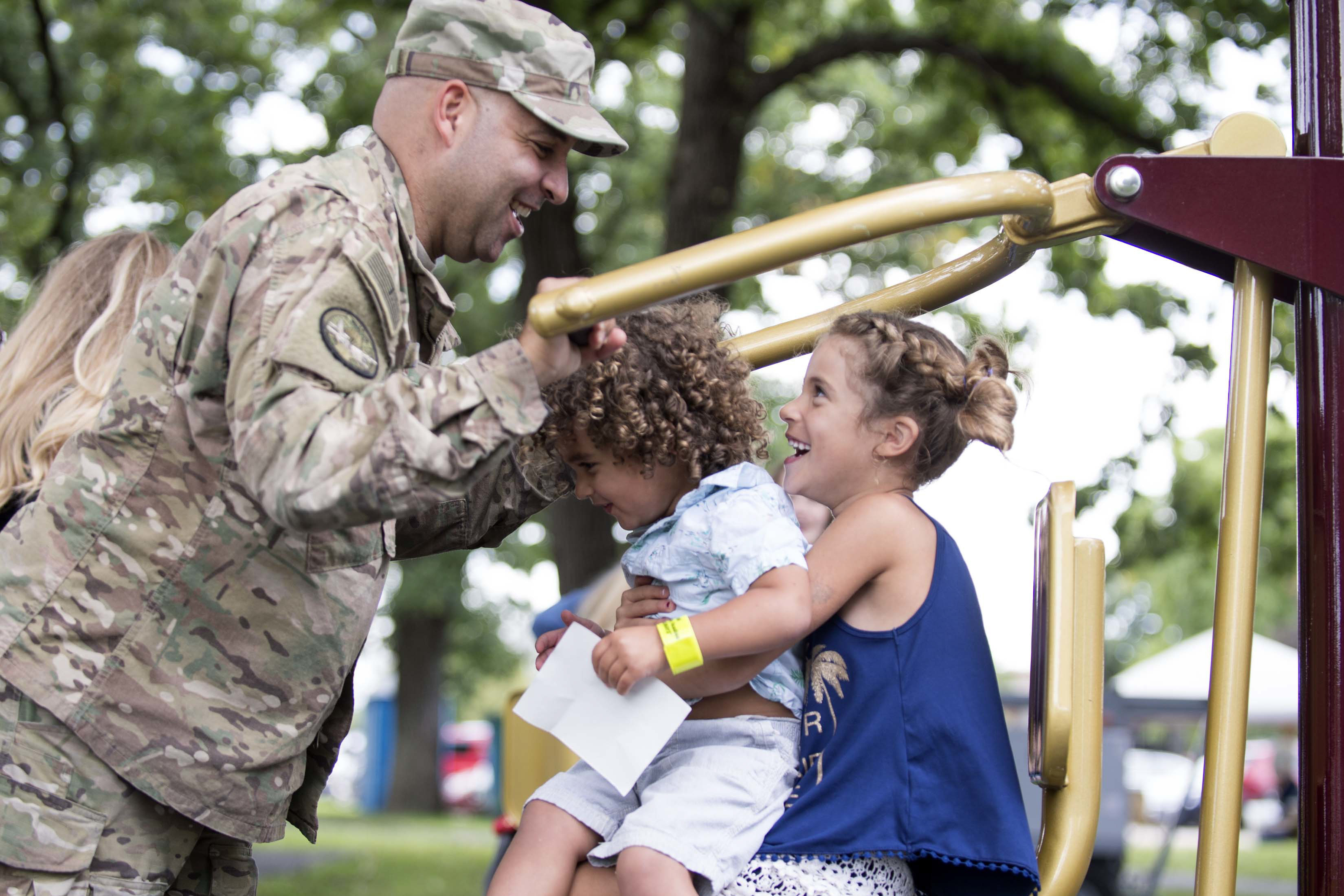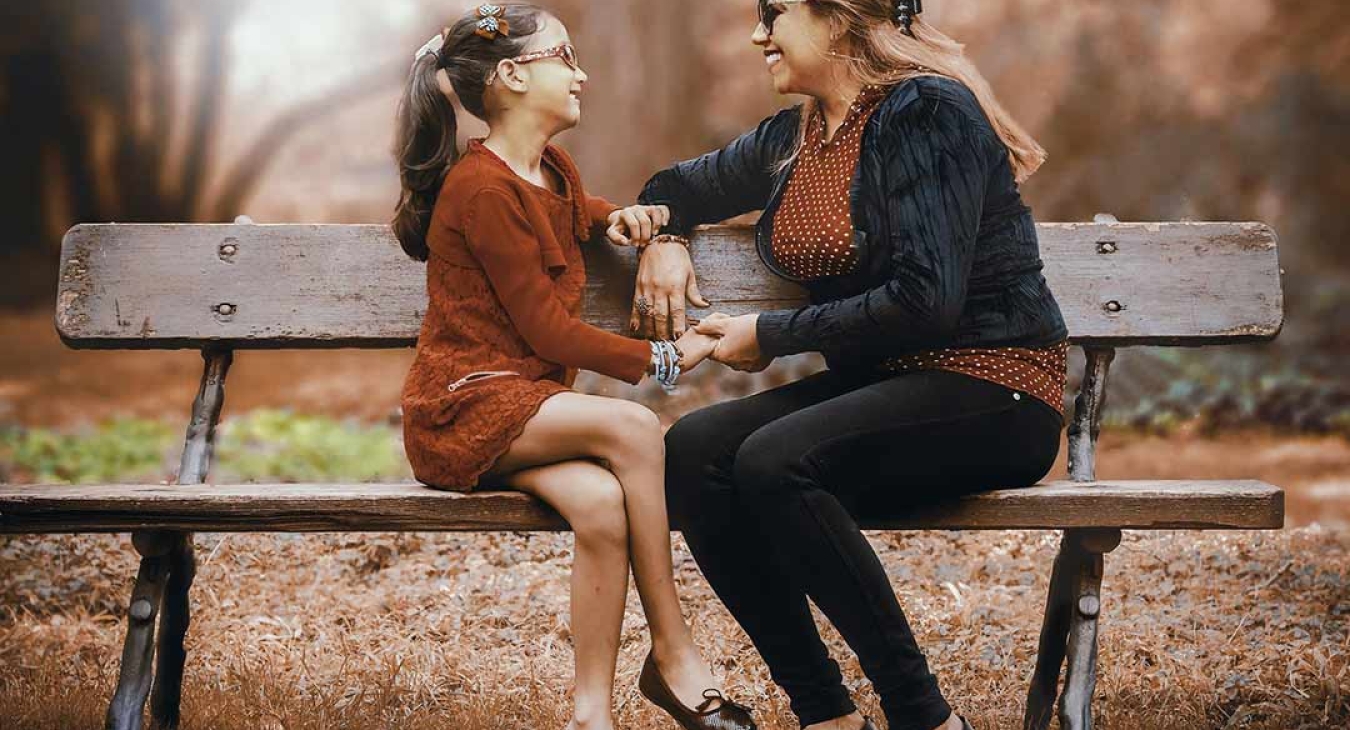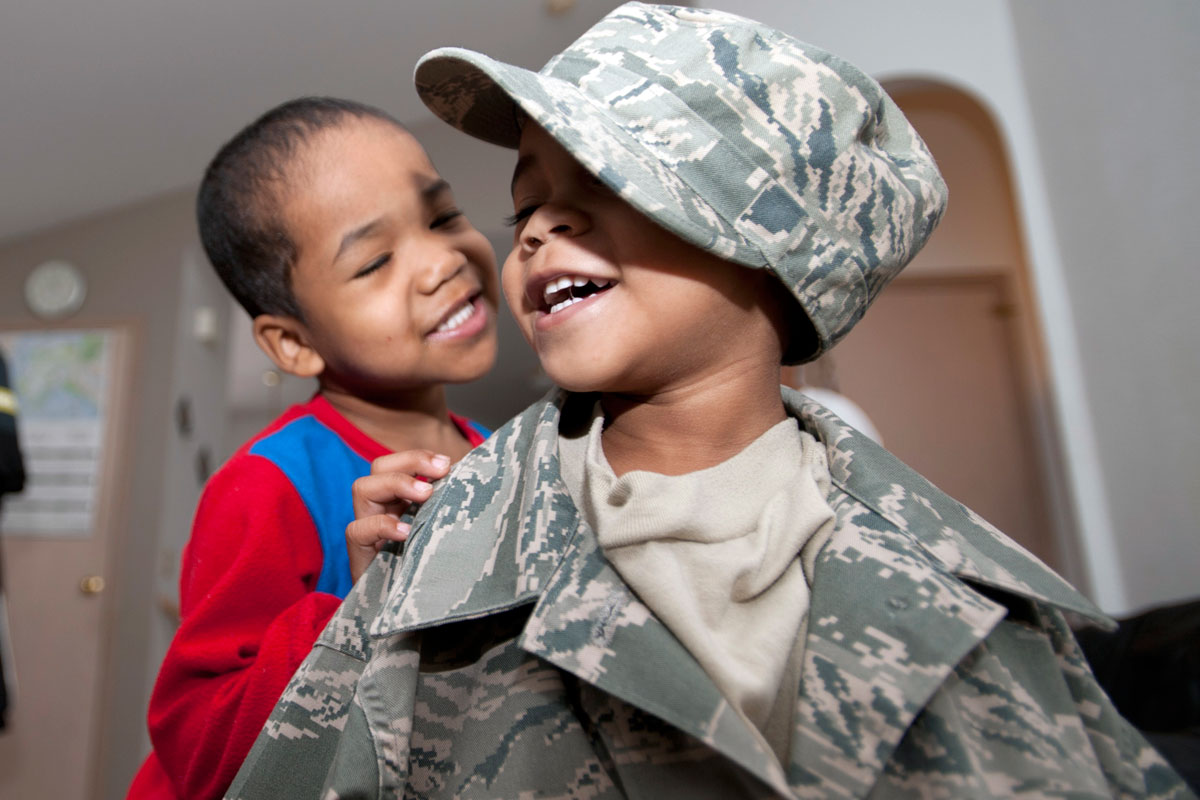7 Best Strategies to Foster Resilience in Military Children
To cultivate resilience in military children, focus on building strong support networks for understanding and empathy. Encourage open communication within the family, creating a safe space for expression. Cultivate emotional intelligence by nurturing healthy ways to express feelings. Provide stability through consistent routines and safe environments. Prioritize self-care practices like mindfulness and relaxation techniques. Offer growth opportunities to develop new skills and boost confidence. Celebrate achievements and offer positive reinforcement to build self-esteem. These strategies form a sturdy foundation for your child’s resilience in facing challenges.
Key Takeaways
- Establish robust support networks for military children’s resilience.
- Encourage open communication within families.
- Cultivate emotional intelligence through healthy expression.
- Provide stability and consistency in their environment.
- Promote self-care practices for emotional well-being.
Building Strong Support Networks

To help military children develop resilience, it’s crucial to establish robust support networks that offer understanding, guidance, and a sense of community. Peer connections play an essential role in providing a network of friends who can relate to similar experiences, offering a unique understanding and empathy that fosters resilience.
Encouraging community involvement further strengthens this support system by connecting military children with neighbors, teachers, and local organizations that can provide additional guidance and stability.
Building strong peer connections allows children to lean on each other during challenging times, providing a sense of camaraderie and shared experiences. Whether through school programs, extracurricular activities, or online support groups, these connections offer a safe space for children to express themselves and seek advice from peers who truly understand their circumstances.
Additionally, involving the community in supporting military children helps create a broader network of care and understanding, reinforcing the idea that they aren’t alone in their journey. By fostering these support networks, military children can cultivate resilience and navigate the unique challenges they face with strength and courage.
Encouraging Open Communication

Encouraging open communication with your military child is essential for their emotional well-being. Family check-ins and creating emotional support channels can provide a safe space for them to express their thoughts and feelings.
Family Check-In
Consider initiating regular family check-ins as a way to promote open communication and strengthen relationships within your military family. Parent involvement in these check-ins is essential as it fosters a sense of belonging and support for military children, positively impacting their mental health.
By setting aside dedicated time for these check-ins, you create a safe space for everyone to express their thoughts, feelings, and concerns.
During these check-ins, encourage each family member to share their experiences, both the ups and the downs. Active listening plays an important role in ensuring that everyone feels heard and validated. These conversations can help identify any issues early on and prevent them from escalating.
Additionally, they provide an opportunity to celebrate achievements, no matter how big or small, fostering a sense of unity and resilience within the family unit.
Emotional Support Channels
Establishing emotional support channels within your military family can greatly enhance open communication and foster resilience in your children. When facing the challenges of military life, having access to online therapy platforms or peer support groups can provide your children with a safe space to express their emotions and seek guidance.
Online therapy offers convenience and confidentiality, allowing your kids to connect with professional help whenever they need it. Additionally, group counseling sessions and community resources can be valuable tools in promoting open communication among military children. These settings enable kids to share their experiences with peers who understand their unique circumstances, fostering a sense of belonging and mutual support.
Cultivating Emotional Intelligence
To enhance emotional intelligence in military children, it’s important to focus on nurturing their ability to recognize and manage their emotions effectively. Emotional regulation plays a significant role in helping children adapt to the challenges they face. By teaching them how to identify and express their feelings in a healthy way, you can empower them to navigate the complexities of military life with greater ease.
Encouraging social awareness is another key aspect of cultivating emotional intelligence. By helping children understand the emotions of others and how their actions impact those around them, you’re equipping them with essential skills for building positive relationships.
Through activities that promote empathy and perspective-taking, you can enhance their ability to connect with peers, family members, and the broader community.
Fostering a Sense of Stability
To provide stability for military children, focusing on creating a consistent and secure environment is essential. Stability through routine plays a vital role in offering a sense of predictability and normalcy amidst the uncertainties that military life can bring. Establishing consistent daily routines, such as regular meal times, bedtime rituals, and study schedules, can help children feel grounded and secure.
Moreover, providing safe spaces for stability is paramount. This involves creating physical environments where children feel safe and comfortable, whether it’s their bedroom, a designated study area, or a favorite spot in the house. These safe spaces serve as retreats where children can relax, unwind, and feel a sense of security.
Promoting Self-Care Practices

Encouraging military children to prioritize self-care practices is essential for promoting their overall well-being and resilience. Mindfulness exercises can help them stay present and manage stress, while engaging in personal hobbies provides a healthy outlet for self-expression and relaxation.
Encouraging relaxation techniques such as deep breathing or progressive muscle relaxation can help military children unwind and recharge after challenging experiences.
Additionally, fostering social connections is vital for their emotional well-being. Encouraging them to maintain friendships, participate in group activities, or seek support from trusted individuals can provide a sense of belonging and comfort during times of upheaval.
Providing Opportunities for Growth
Prioritizing opportunities for growth in military children can help them develop resilience and adaptability in the face of challenges they may encounter. Personal development is vital in fostering resilience.
Encouraging military children to explore new hobbies, interests, or even volunteering can aid in their personal growth. These experiences provide opportunities for self-discovery and building confidence in their abilities.
Skill building is another key aspect of providing growth opportunities. Military children can benefit greatly from developing new skills, whether it’s through educational programs, sports, arts, or leadership activities. Acquiring new skills not only enhances their capabilities but also boosts their self-esteem and sense of accomplishment.
Celebrating Achievements

Recognizing and celebrating achievements, no matter how small, can greatly boost a military child’s resilience.
By acknowledging their successes, you empower them to recognize their own strengths and capabilities.
Encouraging self-praise and providing positive reinforcement create a supportive environment that nurtures their confidence and ability to overcome challenges.
Acknowledging Small Wins
Celebrate the milestones, no matter how small, to uplift and support the resilience of military children. Daily affirmations and practicing gratitude can help children recognize and appreciate their achievements, no matter how minor they may seem. Encouraging mindfulness exercises and self-reflection can aid in acknowledging these small wins, fostering a positive mindset and enhancing resilience.
Acknowledging small wins is vital in building a strong foundation for resilience in military children. By celebrating even the tiniest victories, children can develop a sense of accomplishment and boost their self-esteem. This practice helps them focus on their strengths and progress rather than dwelling on setbacks, promoting a resilient attitude towards challenges.
Encouraging Self-Praise
To further bolster the resilience of military children, it’s important to foster a culture of self-praise by encouraging them to celebrate their achievements. Significant affirmations play a vital role in helping children develop a strong sense of self-worth and confidence.
Encouraging your child to practice self-reflection can aid in recognizing their progress and successes, no matter how small they may seem. By acknowledging their accomplishments, children can build resilience by understanding their capabilities and feeling proud of their efforts.
When your child achieves a goal or overcomes a challenge, take the time to celebrate with them. Encourage them to praise themselves for their hard work and determination. This positive reinforcement can boost their self-esteem and motivate them to tackle future obstacles with a positive mindset.
Cultivating Positive Reinforcement
Regularly acknowledging and celebrating your child’s achievements can greatly contribute to fostering resilience in military children. Positive reinforcement plays an essential role in building resilience by boosting your child’s self-esteem and confidence. When you celebrate their accomplishments, whether big or small, you’re sending a powerful message that their efforts are valued and appreciated. This recognition helps them develop a positive mindset and the belief that they can overcome challenges.
By consistently praising and celebrating your child’s achievements, you’re creating a supportive environment that reinforces their strengths and abilities. This positive reinforcement can serve as a buffer during difficult times, giving your child the emotional resources to bounce back from setbacks. It also helps them develop a sense of accomplishment and pride in their work, fostering a resilient attitude towards challenges they may face in the military lifestyle.
Incorporating celebrations of achievements into your routine can have a lasting impact on your child’s resilience-building journey. Remember, your encouragement and recognition are powerful tools in nurturing your child’s ability to adapt and thrive in the face of adversity.
Frequently Asked Questions
How Can Military Children Cope With Frequent Relocations and School Changes?
Moving frequently can be tough, but you can cope by staying connected with friends, talking about your feelings, and getting involved in your new school and community. Building resilience through support and connections is key.
What Role Do Extended Family Members Play in Supporting Military Children?
Extended family members provide essential support in fostering resilience in military children. Their involvement offers emotional stability, a sense of belonging, and additional role models. This extended support network plays a pivotal role in building children’s resilience.
How Can Parents Encourage Resilience Without Minimizing Their Child’s Struggles?
To encourage resilience without downplaying struggles, focus on positive reinforcement and emotional validation. Build trust through open communication. Acknowledge challenges while highlighting strengths. Emphasize support and understanding to help your child navigate tough times effectively.
What Are Effective Ways to Address Cultural Differences and Challenges in Military Families?
To address cultural differences in military families, focus on cultural sensitivity. Use effective communication strategies to bridge gaps. Utilize community resources and counseling services for support. Embrace diversity to build stronger bonds and understanding within the military community.
How Can Military Children Maintain a Sense of Identity and Belonging Despite Constant Changes?
To maintain a sense of identity and belonging despite constant changes, military children can focus on building community by sharing experiences. Finding hobbies and connecting with peers can provide stability and support in times of change.
Conclusion
To sum up, by implementing these strategies to foster resilience in military children, you’re providing them with the tools and support they need to navigate the unique challenges they face.
Building strong support networks, encouraging open communication, and promoting self-care practices are just a few ways to help them thrive in the face of adversity.
Remember, resilience is a skill that can be developed and nurtured, and your efforts will make a lasting impact on their well-being.

Chad Adan Kace, a young dad from Vermont, shares his parenting journey with a touch of humor and lots of love. Father to a lively baby, he explores the joys and challenges of fatherhood through his stories.







